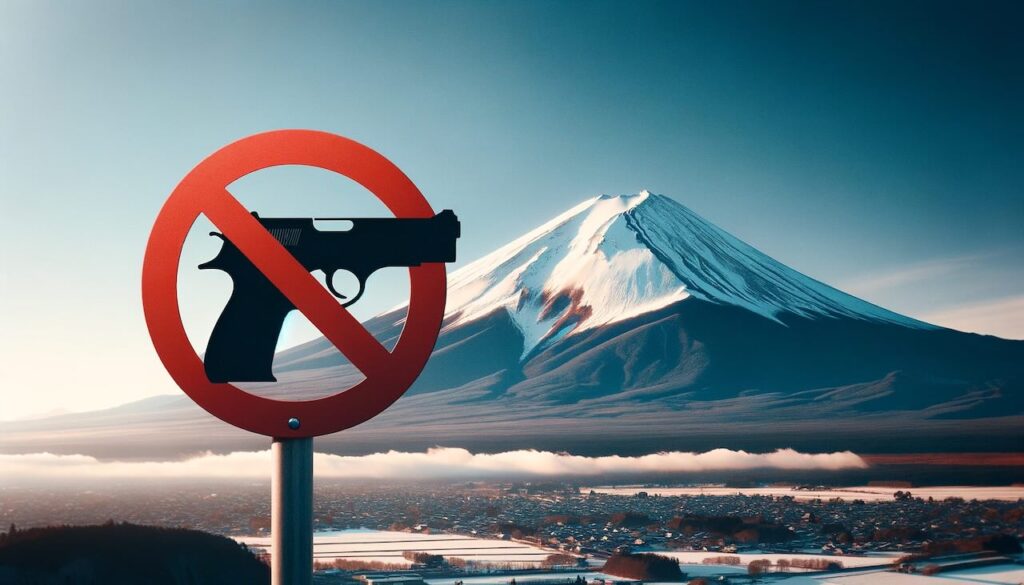Japan is often ranked among the safest countries in the world—and one key reason is its exceptionally low rate of civilian gun ownership. While gun debates dominate headlines in many countries, Japan stands out for its strict regulations and near-total absence of gun violence. In this article, we’ll explore Japan’s gun ownership rate and see how it compares to other nations around the world.
How Low Is Japan’s Gun Ownership Rate?
According to the Small Arms Survey (2017), Japan has just 0.3 firearms per 100 people.
To put that into perspective:
- The global average is 6.6 firearms per 100 people
- Japan’s rate is one of the lowest in the world
This figure highlights just how rare civilian gun ownership is in Japan compared to most other countries.
Comparing Japan with Other Countries
Let’s look at civilian gun ownership rates (firearms per 100 people) in several developed countries:
| Country | Firearms per 100 People |
|---|---|
| United States | 120.5 |
| Canada | 34.7 |
| Germany | 19.6 |
| Australia | 14.5 |
| United Kingdom | 4.6 |
| South Korea | 0.7 |
| Japan | 0.3 |
Japan’s rate is:
- Less than 1/400th of the United States
- Less than 1/10th of many European countries
- Even lower than South Korea, which also has strict gun laws
Why Is Gun Ownership So Low in Japan?
Japan’s gun ownership laws are among the strictest in the world. To legally own a gun, you must:
- Pass written exams, mental health evaluations, and background checks
- Take extensive training and a practical shooting test
- Prove a legitimate need, such as hunting or target shooting
- Follow strict rules for safe storage and handling
Breaking these rules comes with serious legal penalties, making illegal gun possession extremely rare.
Guns and Public Safety in Japan
Thanks to these laws, Japan experiences virtually no gun violence.
Gun-related crimes and deaths are extremely rare, and most people in Japan go through life without ever encountering a gun.
In contrast, countries with high gun ownership—such as the United States—struggle with gun-related violence as a major public safety issue.
Conclusion
Japan’s extremely low rate of gun ownership is not just a statistic—it reflects a deep cultural and legal approach to public safety.
Strict regulations, rigorous screening, and a societal mindset that discourages gun possession have all contributed to Japan’s status as one of the safest nations on Earth.
While different countries have different needs and histories, Japan’s example offers important insights into the potential connection between gun control and crime prevention.


